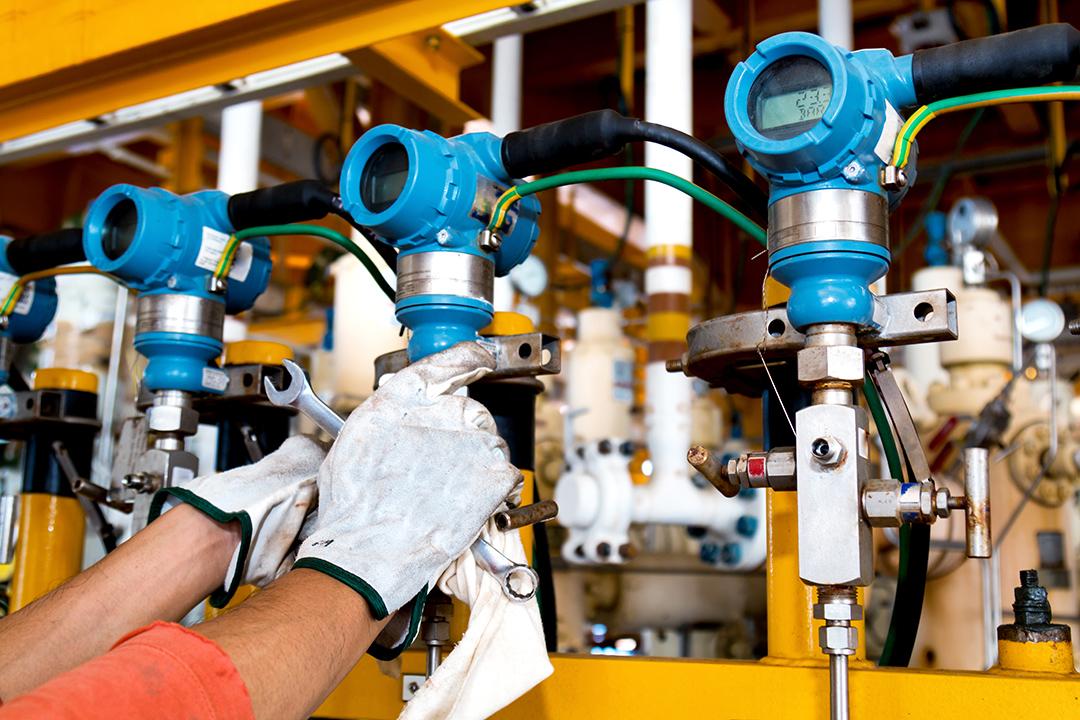The lubrication process of a mechanical watch is essential to the maintenance and longevity of this intricate and precise device. In this comprehensive guide, we will cover the procedures and considerations required to properly lubricate a mechanical watch. From selecting the right lubricants to applying them correctly, this article aims to provide comprehensive knowledge on how to perform this procedure efficiently and accurately. By understanding the recommended techniques and practices, mechanical watch owners will be able to ensure the optimal performance of their timepieces over time.
Introduction to Mechanical Watches: Understanding the Importance of Lubrication
How to Lubricate a Mechanical Watch: Complete Guide
Mechanical watches are true works of art in terms of engineering and precision, but in order for them to function perfectly, it is crucial to keep the internal parts lubricated. Proper lubrication helps reduce wear and friction on the parts, extending the life of the watch and maintaining its accuracy over time. In this comprehensive guide, we will explore the importance of lubrication in mechanical watches and how to carry out the process efficiently.
To lubricate a mechanical watch correctly, it is essential to follow some important steps. First, it is necessary to disassemble the watch to access the internal parts. Next, it is necessary to clean all the parts carefully, removing any traces of dirt or old lubricant. After cleaning, it is time to apply the lubricant precisely and evenly to the moving parts, ensuring that all the gears and springs are properly covered. Finally, it is essential to reassemble the watch carefully to ensure that everything is in the correct place. By following these steps, it is possible to keep the watch in excellent condition and working perfectly for many years.

Step by Step: Techniques and Tools for Efficient Lubrication
The lubrication process of a mechanical watch requires specific techniques and tools to ensure that the lubrication is efficient and long-lasting. In this complete guide, you will learn step by step how to properly lubricate a mechanical watch, ensuring the proper functioning and longevity of your watch.
To get started, it’s essential to have the right tools on hand. This includes quality watch oil, fine, pointed brushes, and a set of specialized screwdrivers for opening the watch case. Additionally, it’s important to carefully follow the watch manufacturer’s instructions, as different makes and models may have unique lubrication requirements. Be sure to thoroughly wipe off any old layers of oil before applying a new layer, and use a minimal amount of oil to avoid excessive buildup.

Specific Considerations: Recommendations for Preventive Maintenance
When it comes to the preventative maintenance of a mechanical watch, proper lubrication is one of the most important steps to ensure its proper functioning and longevity. Unlike quartz watches, mechanical watches feature a number of moving parts that require regular lubrication to prevent premature wear and tear. In this comprehensive guide, we’ll cover the process of lubricating a mechanical watch, the materials needed, and best practices to ensure your precious timepiece continues to run smoothly.
Before you begin the lubrication process, it is important to prepare your work environment and gather the necessary materials. Make sure you are working in a clean, dust-free area, and have the following materials on hand: quality mechanical watch lubricant, a set of watchmaker's tools (including tweezers, a screwdriver, and different-sized brushes), and a soft cloth. Once you have gathered the materials, the next step is to disassemble the watch to access the parts that need lubrication. It is recommended that you follow the manufacturer's instructions or seek the help of a professional watchmaker if you are not comfortable disassembling the watch yourself.

Conclusion: The Benefits of Proper Lubrication for Watch Longevity
When it comes to preserving the lifespan of a mechanical watch, proper lubrication plays a crucial role. Applying high-quality lubricants at the correct frequency can ensure the smooth and precise operation of the watch’s internal gears, prolonging its durability and preventing premature wear. Additionally, lubrication helps maintain the movement’s accuracy, ensuring that the watch keeps time consistently over the years.
To ensure that lubrication is carried out effectively, it is essential to follow a few important steps. First, it is crucial to thoroughly clean the gears and internal parts of the watch to remove any residue or dirt. Next, it is important to apply the appropriate amounts of lubricant to the designated areas, using specific tools to ensure even distribution. Finally, it is essential to follow the manufacturer's recommendations regarding the frequency of lubrication and the type of lubricant to be used.
Future perspectives
In short, lubricating a mechanical watch is a technical and delicate process that requires attention to detail and the use of appropriate tools and lubricants. As we have seen in this comprehensive guide, it is essential to follow the correct steps and apply the correct amounts of lubricant to ensure the proper functioning of the watch. In addition, regular maintenance, including lubrication, will increase the lifespan of the watch and ensure its accuracy in the long term. We hope this guide has been useful and that you feel confident in carrying out the lubrication of your mechanical watch. Always remember to consult a professional if you have any questions or if you do not feel comfortable doing the procedure yourself. Thank you for following us and good luck on your mechanical watch maintenance journey.

